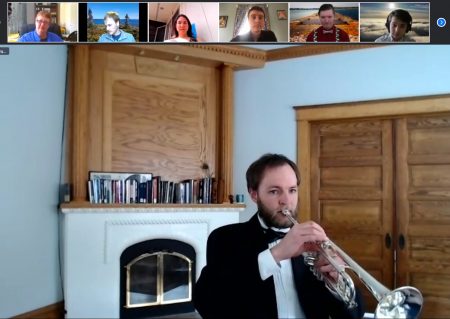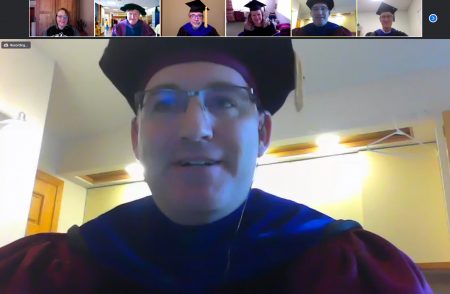 Postdoctoral researcher Dan Trepal (SS/GLRC) and Don Lafreniere (SS/GLRC) recently published an article titled “Historical Spatial-Data Infrastructures for Archaeology: Towards a Spatiotemporal Big-Data Approach to Studying the Postindustrial City” in the journal Historical Archaeology
Postdoctoral researcher Dan Trepal (SS/GLRC) and Don Lafreniere (SS/GLRC) recently published an article titled “Historical Spatial-Data Infrastructures for Archaeology: Towards a Spatiotemporal Big-Data Approach to Studying the Postindustrial City” in the journal Historical Archaeology
The article outlines how spatiotemporal big-data approaches combined with geospatial technologies can expand the way archaeologists study postindustrial cities.
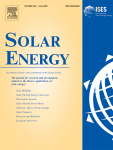 Chelsea Schelly (SS), Kathleen Brosemer (SS Ph.D. student), Valoree Gagnon (CFRES/GLRC), Andrew Fiss (HU), Joshua Pearce (MSE/ECE), and Kathy Halvorsen (SS/CFRES/AVPRD) of Michigan Tech, and Douglas Bessette and Kristin Arola of Michigan State University authored a paper titled, “Energy Policy for Energy Sovereignty: Can Policy Tools Enhance Energy Sovereignty?” published in
Chelsea Schelly (SS), Kathleen Brosemer (SS Ph.D. student), Valoree Gagnon (CFRES/GLRC), Andrew Fiss (HU), Joshua Pearce (MSE/ECE), and Kathy Halvorsen (SS/CFRES/AVPRD) of Michigan Tech, and Douglas Bessette and Kristin Arola of Michigan State University authored a paper titled, “Energy Policy for Energy Sovereignty: Can Policy Tools Enhance Energy Sovereignty?” published in 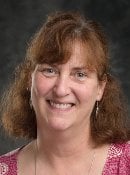 A presentation by LouAnn Wurst was the subject of the article “Presentation shone a light on fascinating local history,” in the
A presentation by LouAnn Wurst was the subject of the article “Presentation shone a light on fascinating local history,” in the  Adewale Adesanya (EEP Ph.D. candidate), Roman Sidortsov, Chelsea Schelly have published “Act locally, transition globally: Grassroots resilience, local politics, and five municipalities in the United States with 100% renewable electricity” in
Adewale Adesanya (EEP Ph.D. candidate), Roman Sidortsov, Chelsea Schelly have published “Act locally, transition globally: Grassroots resilience, local politics, and five municipalities in the United States with 100% renewable electricity” in  Erin Pischke (EEP PhD alum) and Adam Wellstead authored the article
Erin Pischke (EEP PhD alum) and Adam Wellstead authored the article 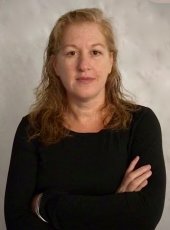 Melissa Baird was elected to the editorial board of the
Melissa Baird was elected to the editorial board of the 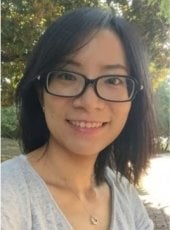 Shan Zhou co-authored the article, “Collaboration mitigates barriers of utility ownership on policy adoption: evidence from the United States”, published in the
Shan Zhou co-authored the article, “Collaboration mitigates barriers of utility ownership on policy adoption: evidence from the United States”, published in the  Adam Wellstead (SS) is a co-author on a paper recently published in Global Health Research Policy 5, 19 (2020) online titled
Adam Wellstead (SS) is a co-author on a paper recently published in Global Health Research Policy 5, 19 (2020) online titled 
